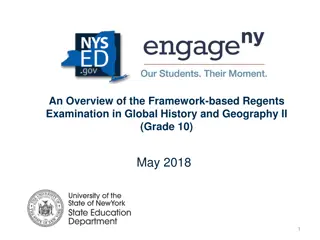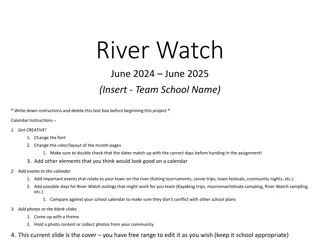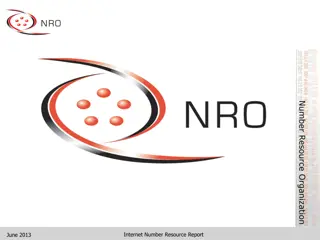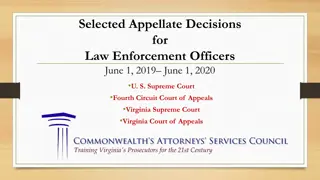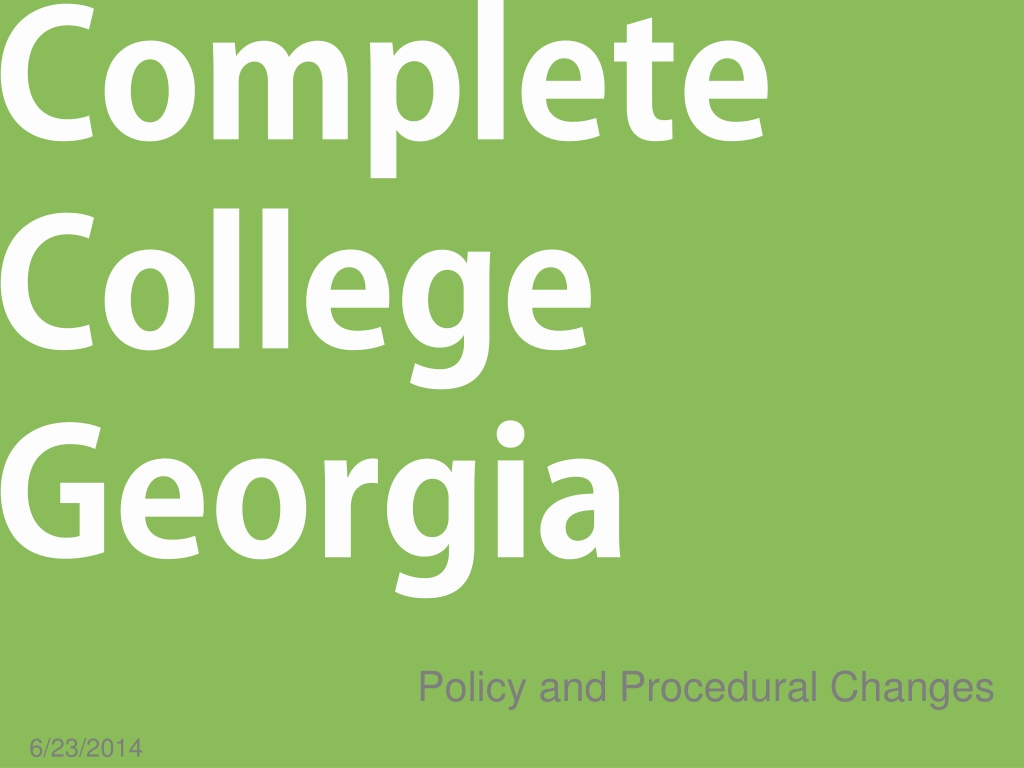
Academic Policy and Procedural Changes Overview
Explore the overview of academic policy and procedural changes that took place in 2012, focusing on the recommendations made by the Policy Review Task Force. Learn about the formation of working groups to address Academic Renewal and RHSC Deficiency policies along with the members involved in the process.
Download Presentation

Please find below an Image/Link to download the presentation.
The content on the website is provided AS IS for your information and personal use only. It may not be sold, licensed, or shared on other websites without obtaining consent from the author. If you encounter any issues during the download, it is possible that the publisher has removed the file from their server.
You are allowed to download the files provided on this website for personal or commercial use, subject to the condition that they are used lawfully. All files are the property of their respective owners.
The content on the website is provided AS IS for your information and personal use only. It may not be sold, licensed, or shared on other websites without obtaining consent from the author.
E N D
Presentation Transcript
Policy and Procedural Changes 6/23/2014
Context and Overview In 2012, a Policy Review Task Force was formed and tasked with reviewing system-level policies through a college completion lens. The aim was to identify policies and procedures that may be potential enablers and/or barriers to completion. The policy review recommendation report was released in April 2013. The report contains recommendations focused on Academic Renewal and how students can address Required High School Curriculum (RHSC) Deficiencies.
Academic Renewal and RHSC Deficiency Policy Working Groups As a result of the recommendations from the Policy Review Task Force, two working groups were formed. One focused on Academic Renewal and the other on RHSC Deficiency. The two working groups met from February 2014 through April 2014 and during this time conducted an extensive review of these two policy areas. Each group has produced a recommendation report.
Academic Renewal Working Group Members Niles Reddick, Chair Vice President for Academic Affairs, Abraham Baldwin Agricultural College Director, Academic Orientation and Advisement, Armstrong Atlantic State University University Registrar, Georgia College and State University Executive Director of Undergraduate Admission, University of North Georgia Interim Director of Enrollment Services, South Georgia State College Interim Vice President, Student Affairs, Albany State University Associate Provost, Georgia Southern University Director of USG Adult Learning Consortium, Valdosta State University Greg Anderson Kay Anderson Keith Antonia Randy Braswell Rhonda Bryant Diane Cone Mary Ellen Dallman Sandra Davis Kristi Hayes Sharee Lawerence Lindsay Lee Director of Admissions and Registrar, Georgia Highlands College Assistant Registrar, Gordon State College Registrar, Fort Valley State University Assistant Registrar for Transfer Credit, Southern Polytechnic State University College Registrar, Georgia Perimeter College Records Specialist, Southern Polytechnic State University Tarrah Mirus Khandra Moss Michael Redd Assistant Registrar, Kennesaw State University Bobbie Robinson Dean, The School of Liberal Arts, Abraham Baldwin Agricultural College Campus Registrar, Georgia Perimeter College Vice President for Academic and Faculty Affairs, Georgia Regents University Demetrix Rostick-Owens Carol Rychly
RHSC Deficiency Working Group Members Valerie Whittlesey, Chair Justin Barlow Richard Beaubien Timothy Brown Scott Burke Sheila Caldwell Dennis Chamberlain Brooks Evan Candice Flowe David Fuller Nathaniel Holmes Pat Humphrey Val Mack Associate Vice President for Curriculum, Kennesaw State University Director of Admissions, University of West Georgia Director of Recruitment and Admissions, Georgia Perimeter College Department Chair of Mathematics, Georgia Perimeter College Assistant Vice President, Undergraduate Admissions, Georgia State University Director, Complete College Georgia, University of North Georgia Vice President of Student Affairs, Gordon State College Coordinator of Recruitment, Georgia Southern University Assistant Professor of Molecular Genetics, Atlanta Metropolitan State College Interim Dean, College of Education, Middle Georgia State College Director of Advising, Counseling, and Retention Services, Georgia Perimeter College Associate Professor of Mathematics, Georgia Southern University Associate Director of Operations/Undergraduate Admissions, Georgia Institute of Technology Dean of School of Education, Gordon State College Michael Mahan Ken McGill Professor and Chair of Chemistry, Physics and Astronomy, Georgia College and State University Director of Admissions, Georgia Gwinnett College Associate Professor of Business and Medical Administrative Technology, Bainbridge State College Associate Director of Undergraduate Admissions, University of North Georgia Tee Mitchell Tatyana Pashnyak Molly Potts Theodora Riley Adam Wyatt International Counselor Office of Recruitment and Admission, Clayton State University Director of Academic Programs and Liaison to East Georgia State College, Georgia Regents University
Academic Renewal Recommendations Time and Timing A period of absence that is no less than 3 years and no more than 5 years Students should apply for AR as soon as possible and by a deadline decided by the institution (not to be less than one calendar year) Transfer Credit, Transfer Students and Eligibility Transfer students should be eligible for AR Students can be AR eligible AND be granted transfer credit AR granted at one USG institution should be honored at another USG institution Institutional Discretion Institutions should determine a process for approving and denying AR Institutions should determine if a student with AR is eligible for honors at graduation
RHSC Deficiency Recommendations Address a Deficiency Prior to Enrollment Provide an exemption to out-of-state students who have met their home state s college preparatory curriculum and can demonstrate subject matter proficiency Allow students to demonstrate subject matter proficiency through standardized tests Allow students to demonstrate subject matter proficiency through approved coursework Address a Deficiency After Enrollment Students who successfully complete collegiate courses addressing their deficiencies within the first 30 credit hours will satisfy the deficiency
Next Steps Recommendations Reports The recommendation reports will be made available Board of Regents Meeting August These recommendations will be presented at the August Board of Regents meeting Sustainable Policy Review Process Determining methods for maintaining systematic policy review process
Collaborate Create Engage Remodel Experiment Value Test Innovate Develop Partnership Outcomes Discover Envision Remodel Engage Experiment Connect Participate Goals Reinvent Performance Quality Collaborate Create Build Value Test Innovate Develop Partnership Outcomes Discover Connect Participate Brandee.Tate@usg.edu BrandeeTate Goals Reinvent Build






